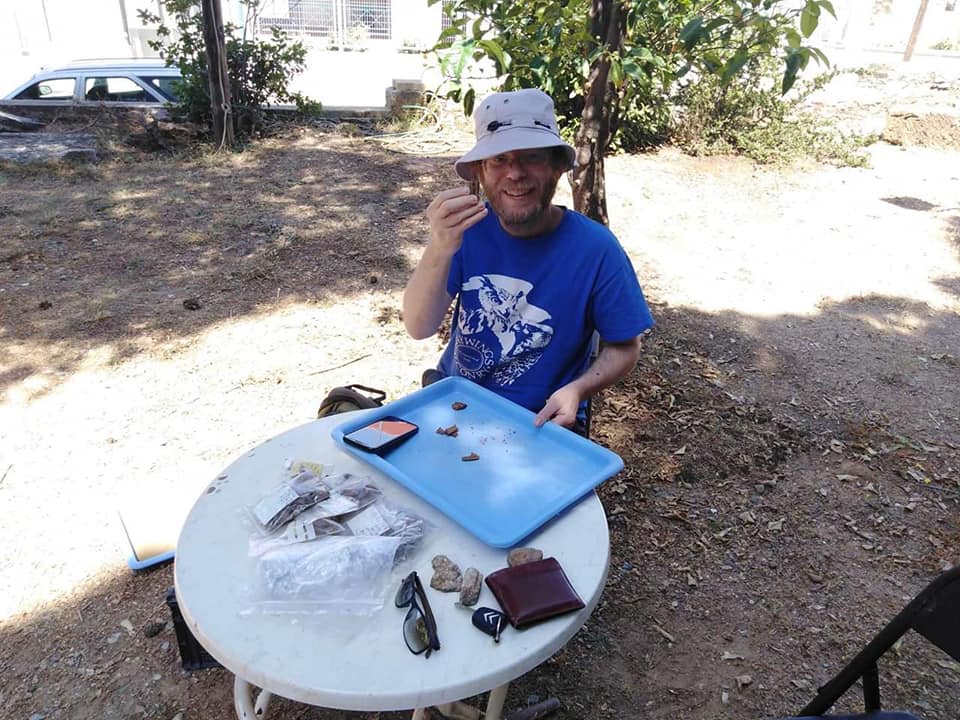The volcanic eruption of Mt. Vesuvius in AD 79 entombed Roman Pompeii in ash
Whether the eruption was in August or September matters. This thread examines the relationship of seasonality with ancient foodways, tourism, athletic games, Roman jobs, disease & more
1/25
Whether the eruption was in August or September matters. This thread examines the relationship of seasonality with ancient foodways, tourism, athletic games, Roman jobs, disease & more
1/25
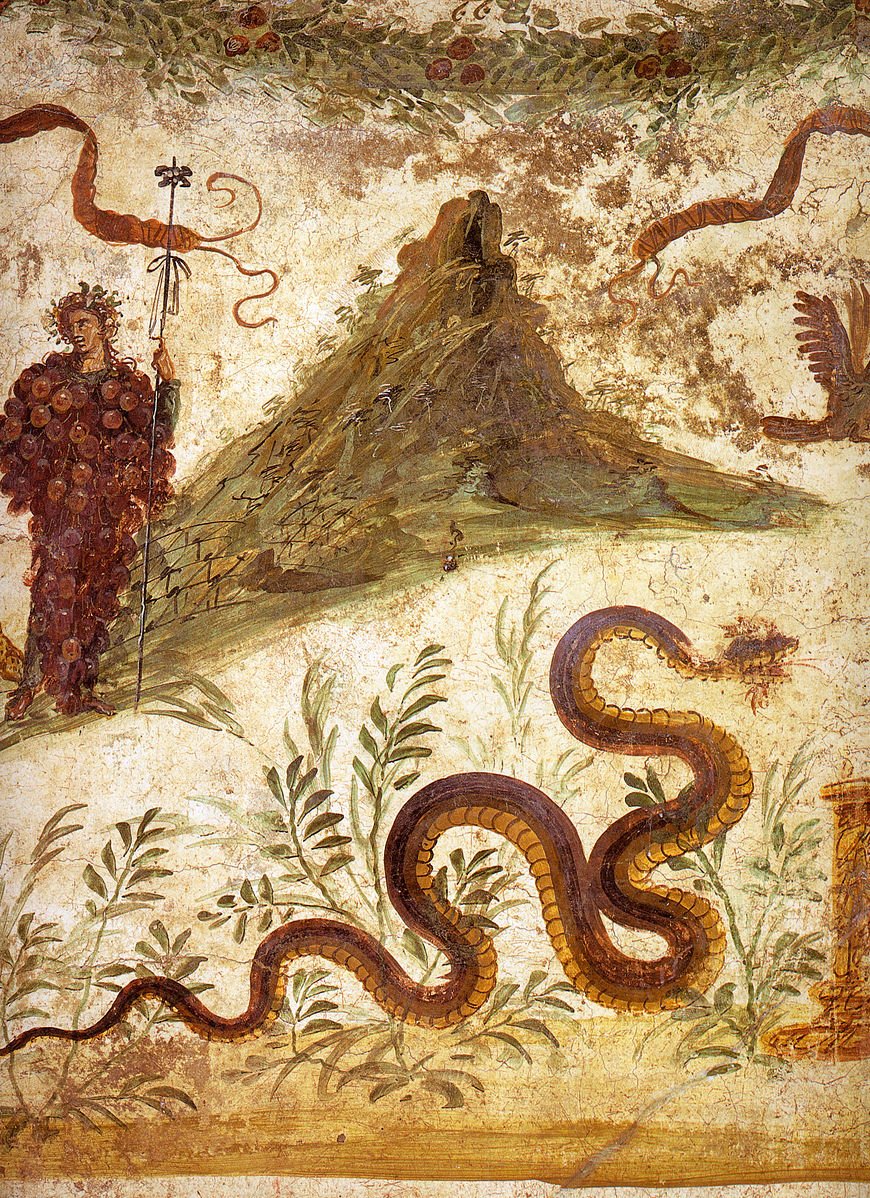
The new excavations at Pompeii directed by @MassimoOsanna have uncovered a new charcoal graffito saying “17th of October he indulged in food in an excessive way”
This find is awesome b/c who doesn’t like to eat bucket loads of cheap candy a couple weeks before Halloween?
/2
This find is awesome b/c who doesn’t like to eat bucket loads of cheap candy a couple weeks before Halloween?
/2
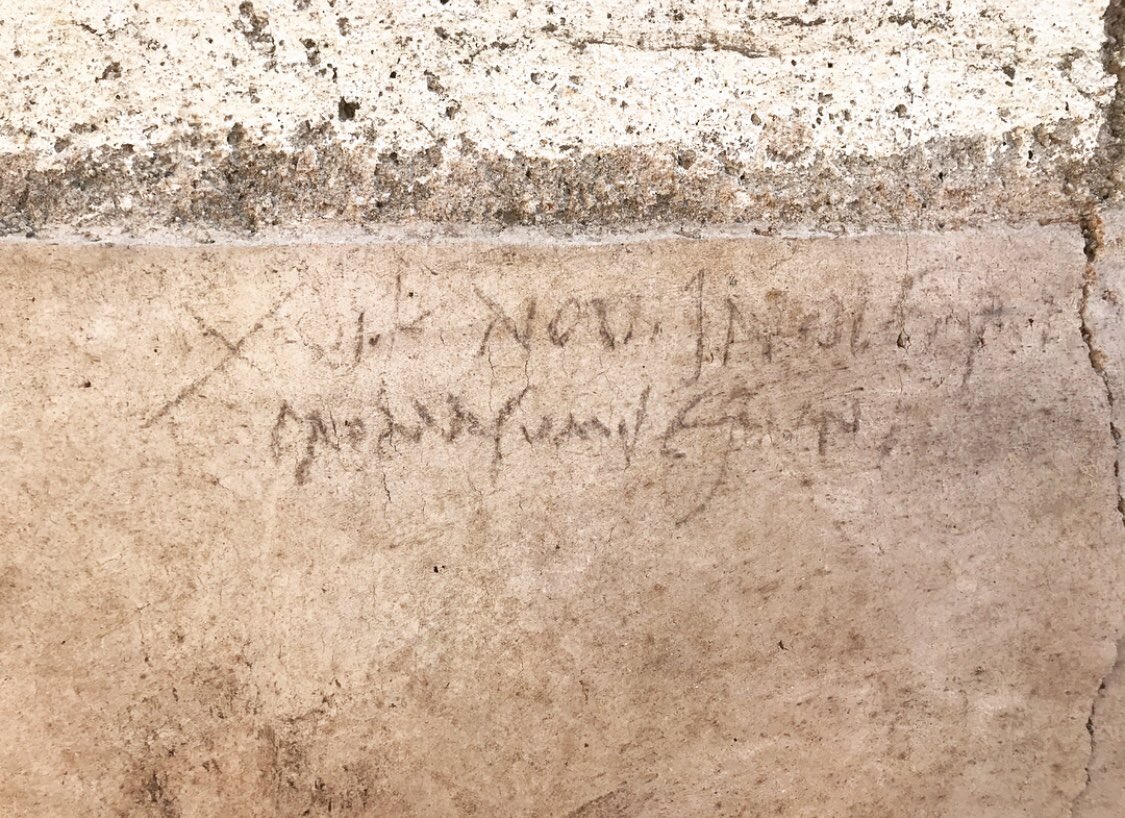
This graffito also adds another piece of evidence that Vesuvius erupted in October of AD 79, not the traditional date of August
As @DrKillgrove writes, “New Pompeii graffiti may rewrite history in a major way”
/3
forbes.com/sites/kristina…
As @DrKillgrove writes, “New Pompeii graffiti may rewrite history in a major way”
/3
forbes.com/sites/kristina…
A letter written by Pliny the Younger provided the traditional date of August. He was an eyewitness to the eruption who lost his uncle & helped rescue survivors
However, as noted by @e_pe_me_ri there are several reasons why the letter might be wrong
/4
However, as noted by @e_pe_me_ri there are several reasons why the letter might be wrong
/4
https://twitter.com/e_pe_me_ri/status/1052272032770080769
This graffito, along with finds of autumn tree fruits, warm clothes, and a coin of Titus all suggest that Pliny’s date is wrong
OK, so kinda cool, but does it really matter whether Vesuvius erupted in August or October?
/5

OK, so kinda cool, but does it really matter whether Vesuvius erupted in August or October?
/5
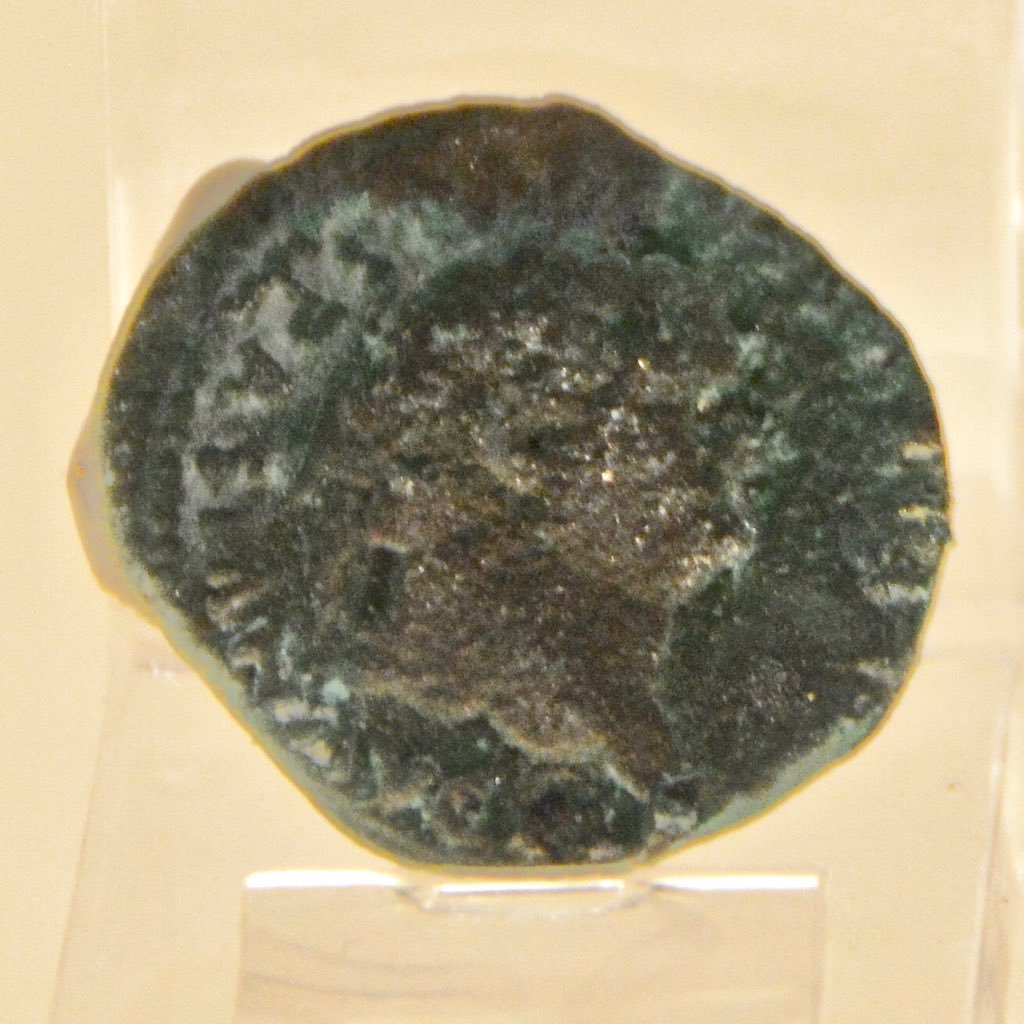
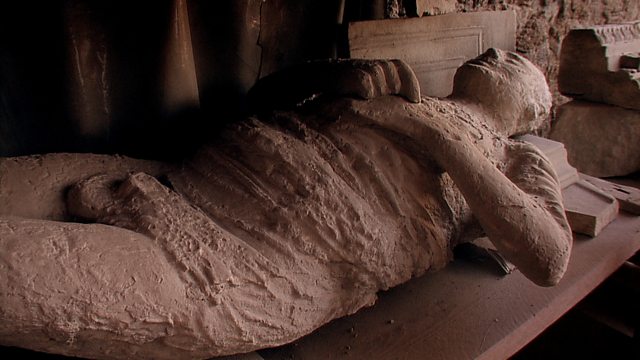
Some Classicists, notably @wmarybeard ask, “So what?”
You can see her thoughts here: the-tls.co.uk/when-did-vesuv…
/6
You can see her thoughts here: the-tls.co.uk/when-did-vesuv…
/6
For @DrKillgrove, the month provides context for understanding Pompeiian lifeways. Her interpretation of disease in Roman skeletons is more nuanced if she knows August vs. October as disease loads vary seasonally
Don't forget to get your flu shot!
/7
Don't forget to get your flu shot!
/7
https://twitter.com/DrKillgrove/status/1052218743252758528
As @NevilleMorley has noted, “within the year, they [Roman agriculture and demography] vary enormously” thesphinxblog.com/2018/10/17/the…
I’m gonna show you just how big of a difference August vs. October could mean for Pompeii, Vesuvius, and the Bay of Naples region
/8
I’m gonna show you just how big of a difference August vs. October could mean for Pompeii, Vesuvius, and the Bay of Naples region
/8
.@wmarybeard notes that the burial of Pompeii in ash “offers us more vivid glimpses of real people and their real lives than almost anywhere else in the Roman world”
While the casts of human victims are famous, can you recognize the less famous casts below?
/9

While the casts of human victims are famous, can you recognize the less famous casts below?
/9
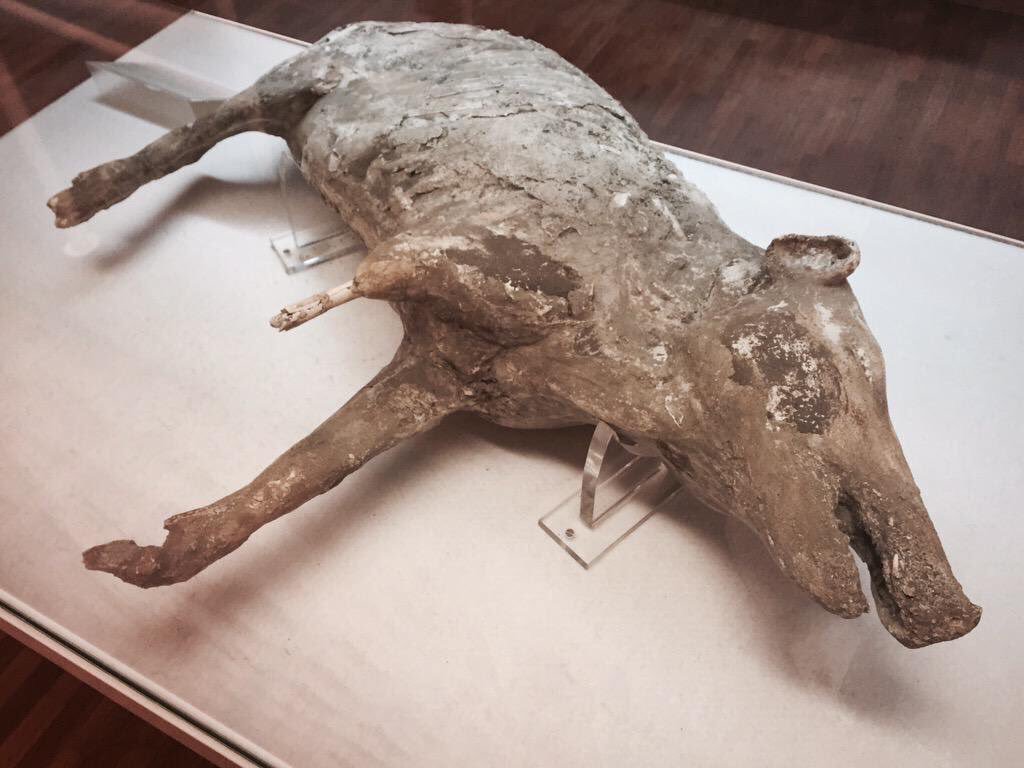
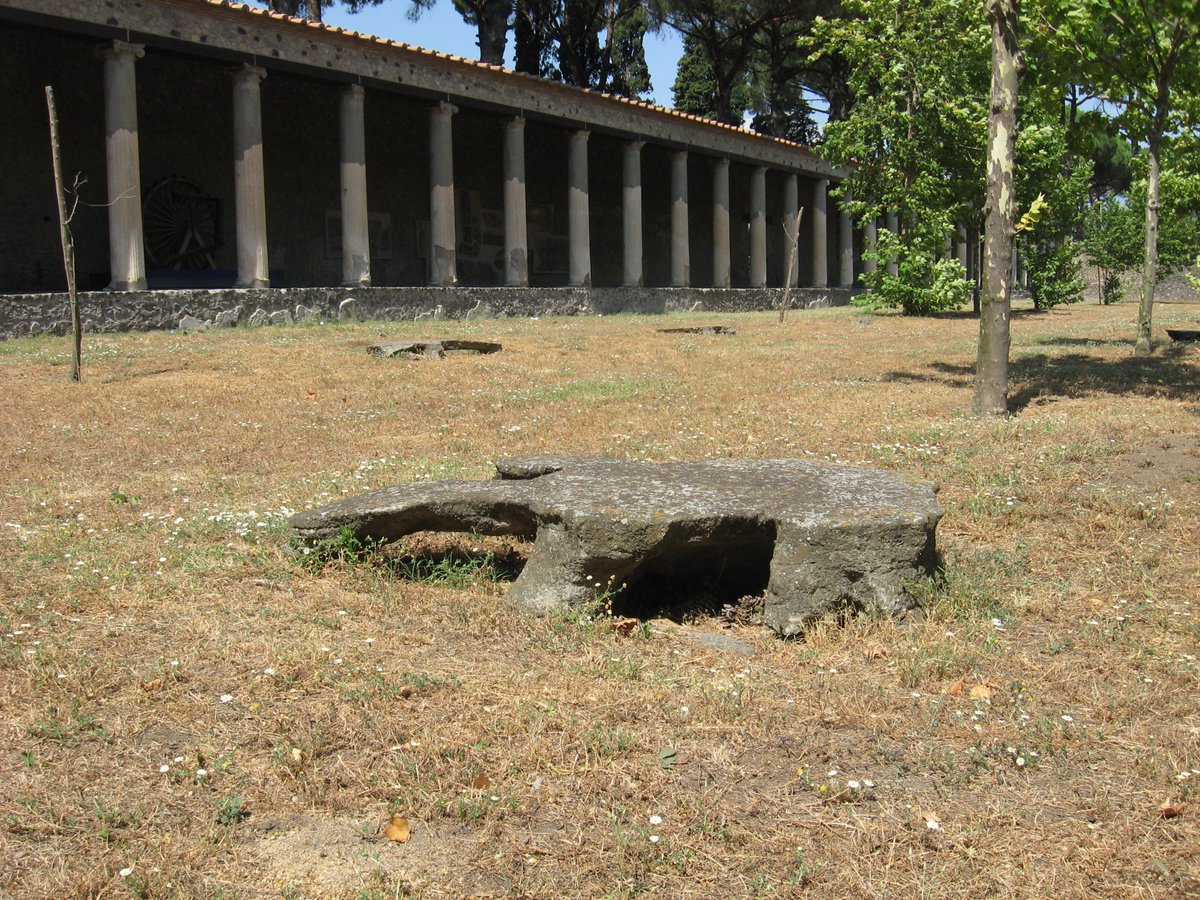
Archaeologists have cleverly casted voids in volcanic ash to reveal buried organisms: humans, plants & animals
We can piece together farmsteads at villas, identifying what plants were growing where
/10
We can piece together farmsteads at villas, identifying what plants were growing where
/10
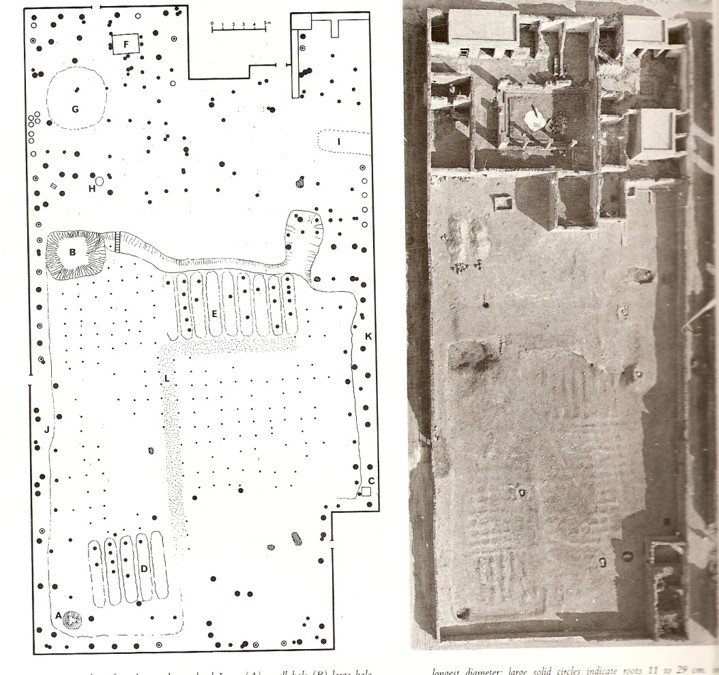
Carbonized plant remains recovered from villas – of wine, oil & even hay – show a detailed snapshot of biodiverse Roman agriculture
This combo of finds is unprecedented & provides important information about the ancient agropastoral economy
But the seasonal context matters
/11
This combo of finds is unprecedented & provides important information about the ancient agropastoral economy
But the seasonal context matters
/11
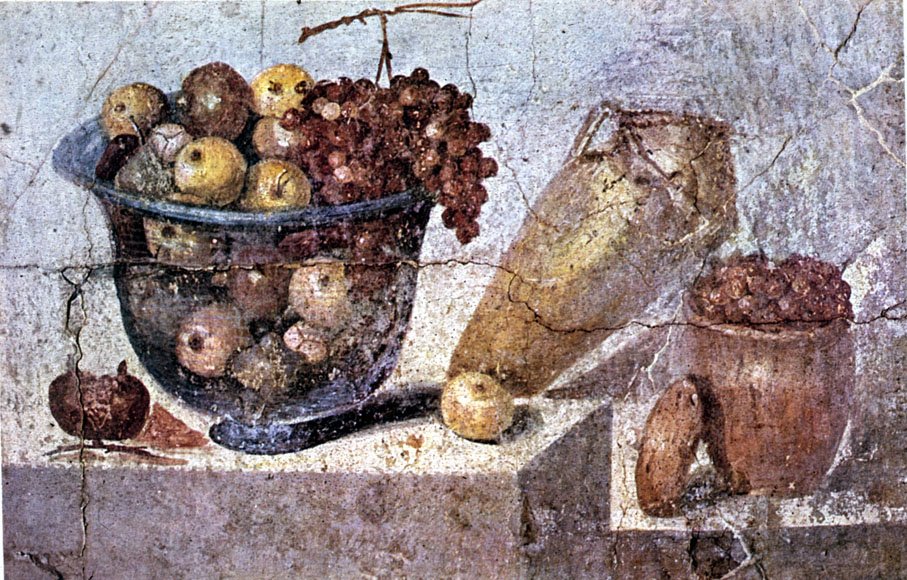
Let’s check out Villa B at Oplontis. Over 400 wine amphorae are found in the peristyle courtyard. If it was in hot & dry August, this would be an odd place to store so much of last year’s wine. If it was October, grape harvesting and wine production would be ongoing
/12
/12
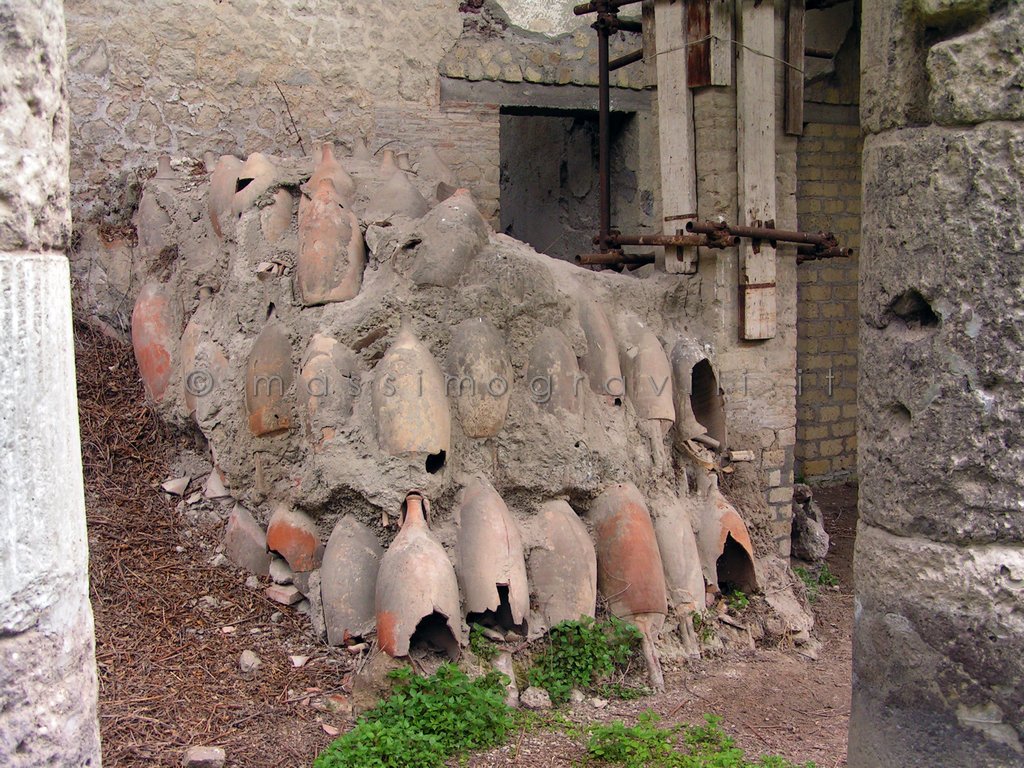
One of the storerooms contained an impressive amount of hay. There are dozens of species of legume and grass represented. This biodiversity makes sense in October as hay harvests would have just finished rather than August falling in the middle of the harvest season
/13


/13
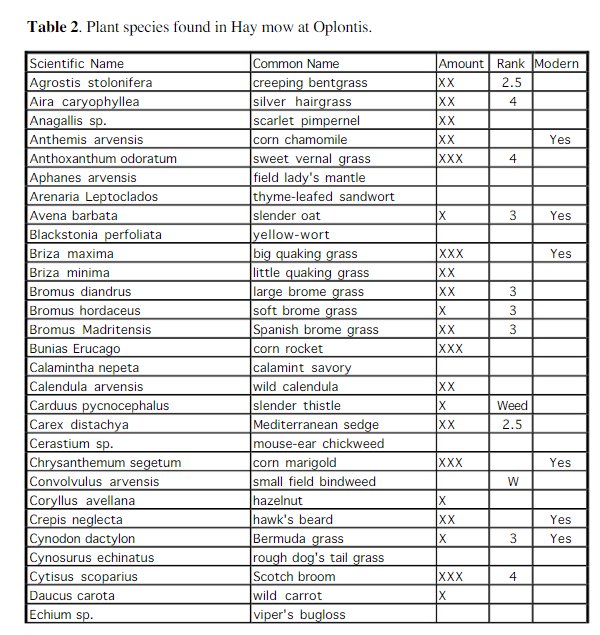
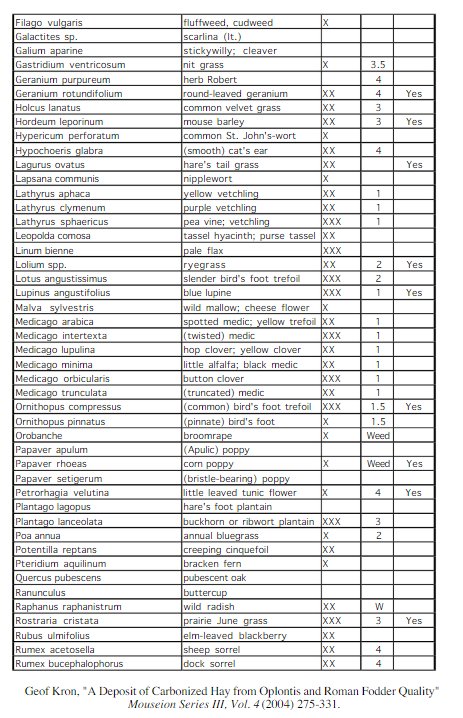
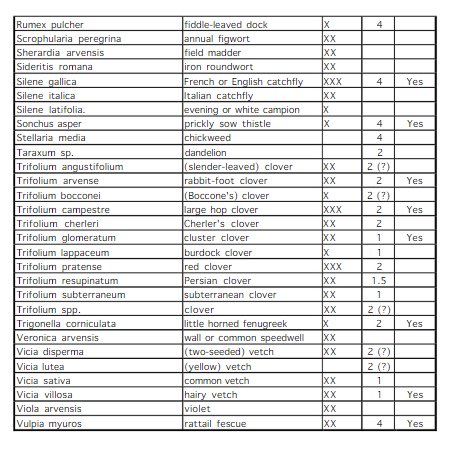
The difference b/t August and October even affects a shopping list scratched into the wall of a house. @wmarybeard notes, "hardly be very long before the eruption”
It was mostly bread, but cabbage and onions only make sense in October not August
/14

It was mostly bread, but cabbage and onions only make sense in October not August
/14
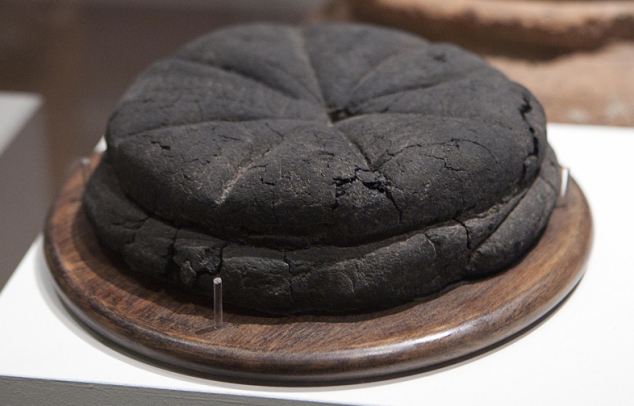
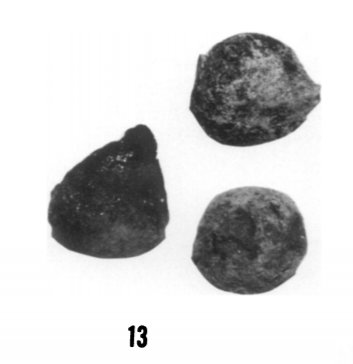
The importation of grain to Rome flowed through the Bay of Naples. The grain fleet arrived throughout the summer. The Romans were jittery when the ships arrived late
Could you imagine the devastating famine in Rome if an August eruption interrupted the shipment?
/15
Could you imagine the devastating famine in Rome if an August eruption interrupted the shipment?
/15
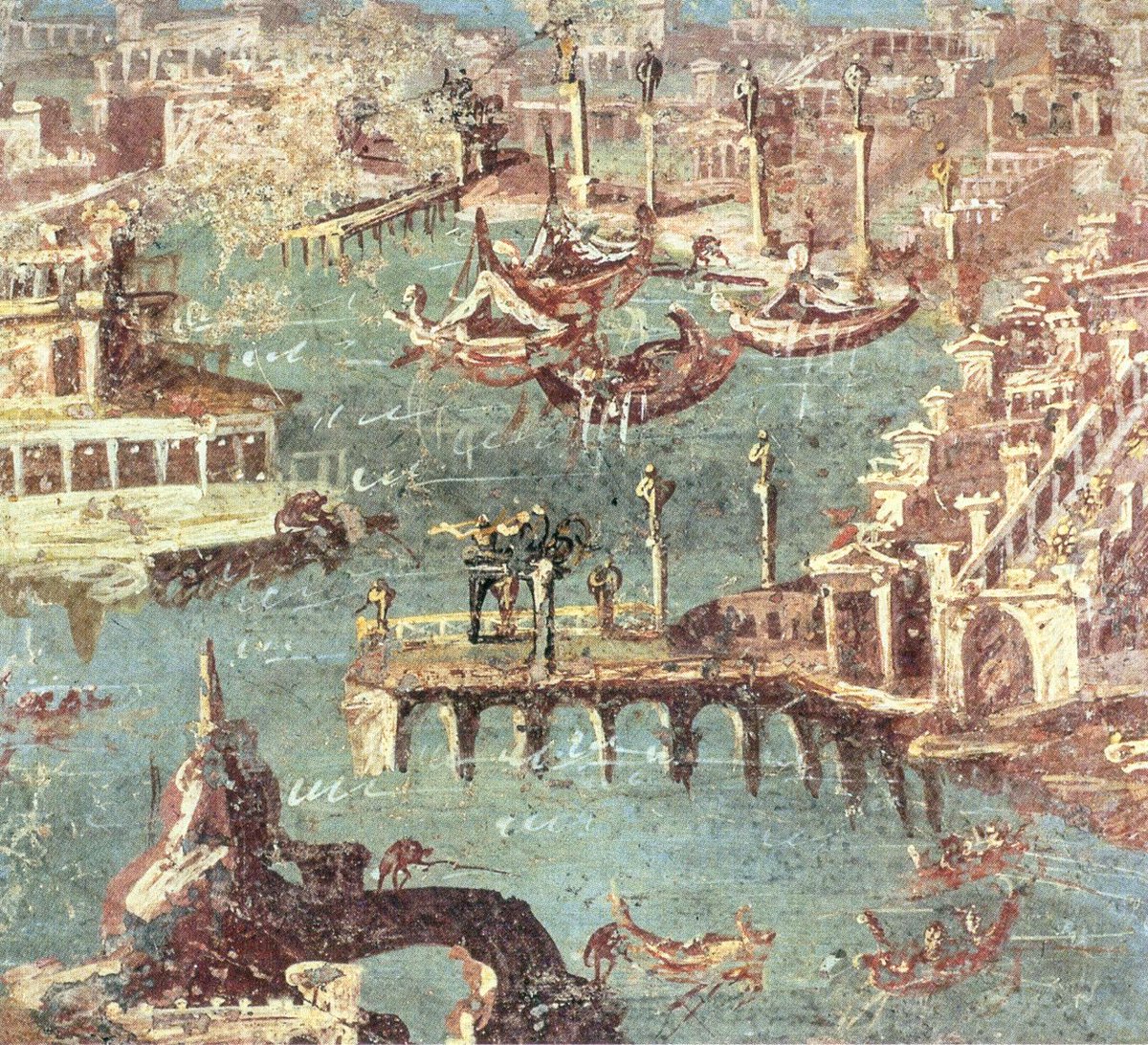
But it isn’t only just food
We have many graffiti advertising gladiatorial contests in the Pompeiian amphitheater. There are also others advertising similar contests in nearby towns
/16



We have many graffiti advertising gladiatorial contests in the Pompeiian amphitheater. There are also others advertising similar contests in nearby towns
/16
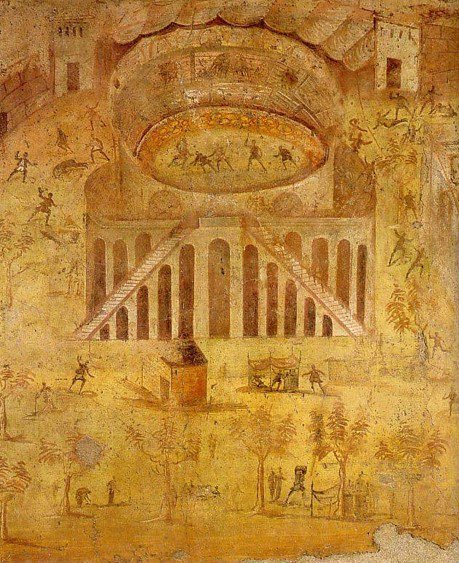
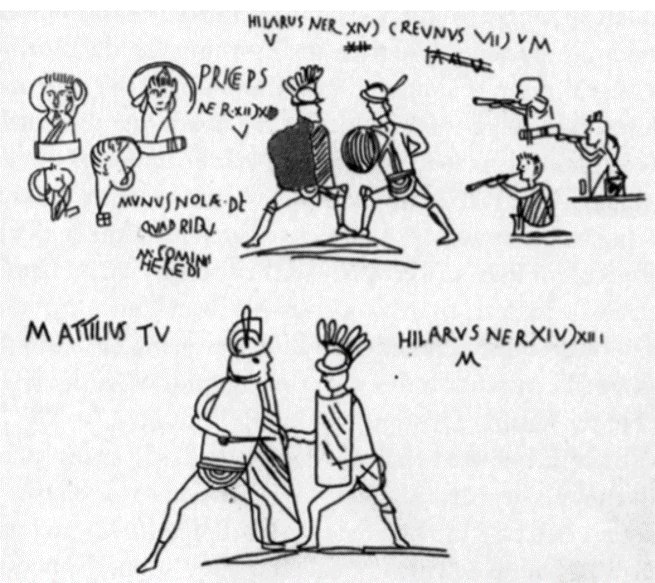

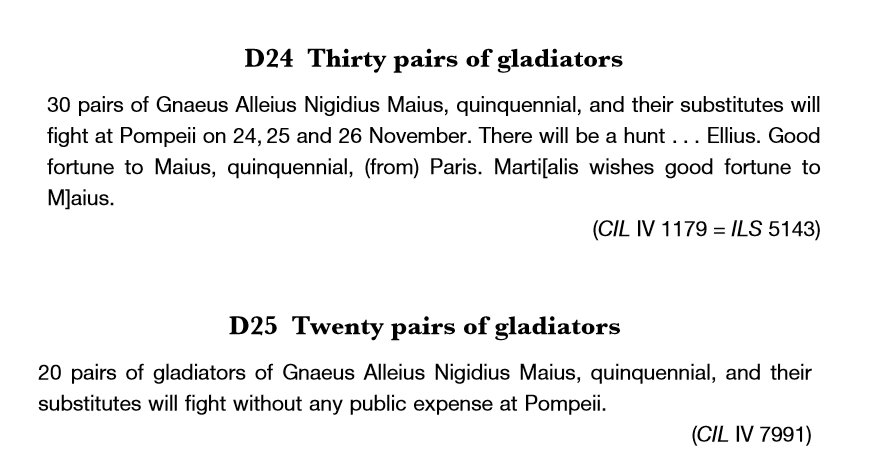
If we look at the months of these contests, we can see that most games cluster as harvest celebrations in late spring & early summer
There’s an oddly large number in October and November. Could some of these be temporary graffiti surviving due to October date of eruption?
/17
There’s an oddly large number in October and November. Could some of these be temporary graffiti surviving due to October date of eruption?
/17
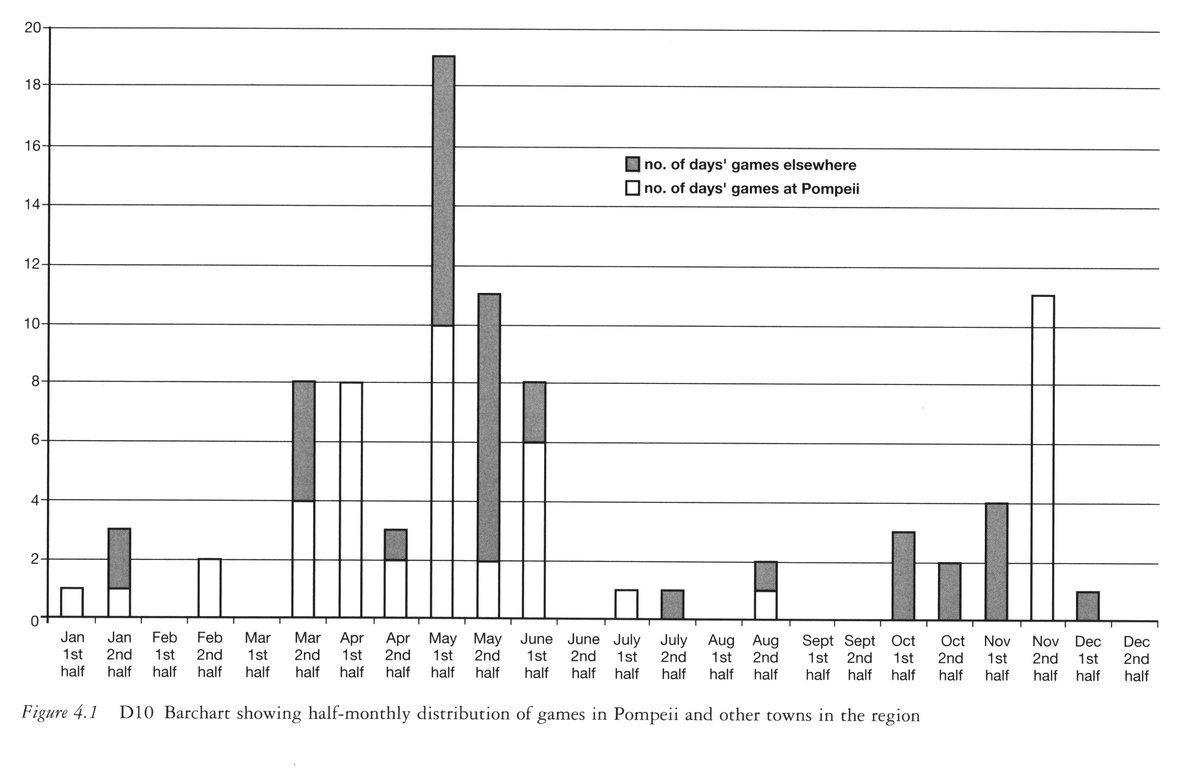
The Bay of Naples was a popular tourist location for ancient elites
@alisonmcn paints a vivid picture of the nearby luxury resort at Baiae as a Roman Vegas: thedailybeast.com/how-they-parti…
Pompeii could compete with brothels, hotels, tavernas, baths, theaters & fast food joints
/18
@alisonmcn paints a vivid picture of the nearby luxury resort at Baiae as a Roman Vegas: thedailybeast.com/how-they-parti…
Pompeii could compete with brothels, hotels, tavernas, baths, theaters & fast food joints
/18
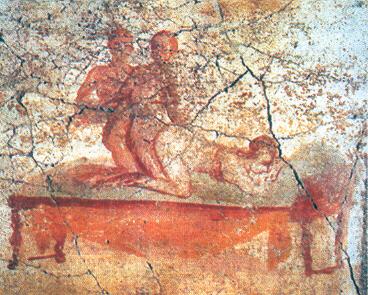
The weather meant the sailing season lasted only to October. Could you imagine the devastation to the Roman elite – all those party boys and girls – if the volcano had erupted in August, the middle of tourist season?
It would’ve been like Katrina hitting during Mardis Gras
/19
It would’ve been like Katrina hitting during Mardis Gras
/19
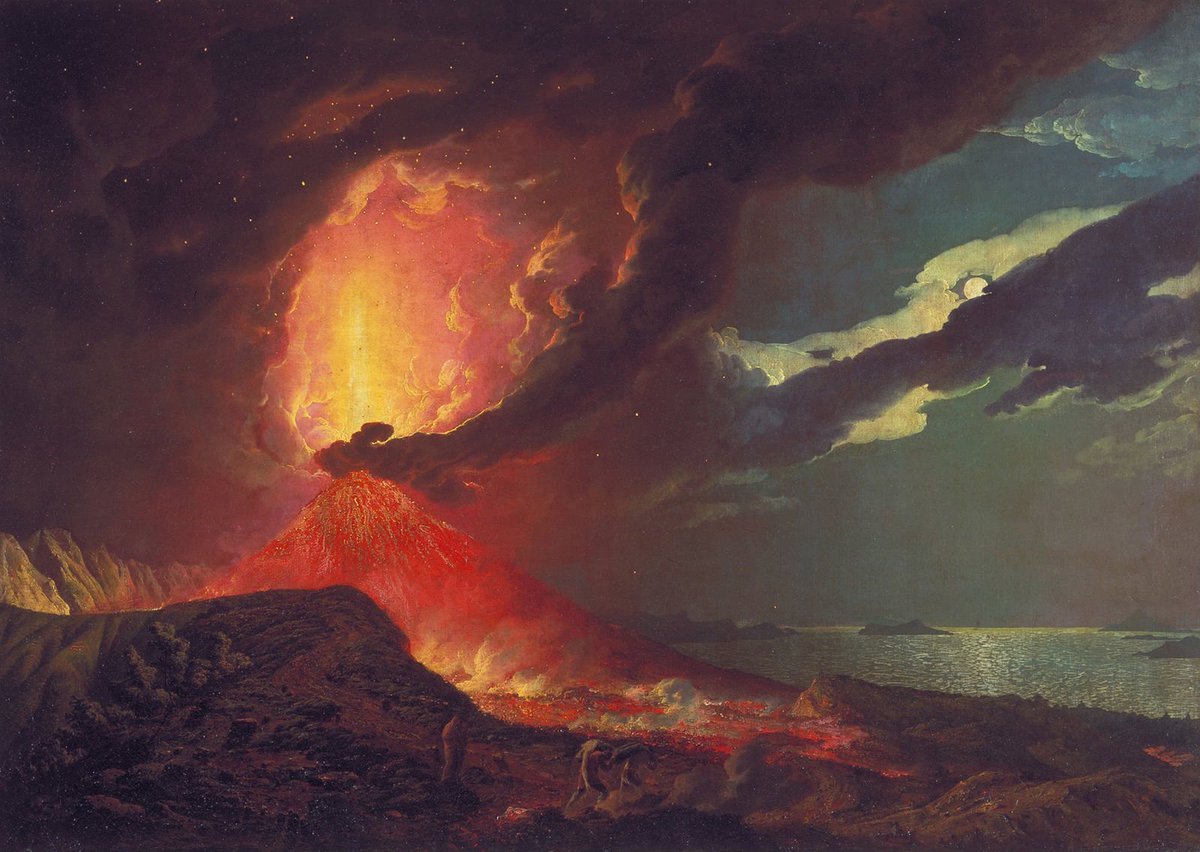
The season in which the eruption took place is of vital importance for us to understand the archaeology of Pompeii
Many scholars wonder at how little mention the eruption received in ancient sources
But Pompeii was only a small town of 20,000 people
/20
Many scholars wonder at how little mention the eruption received in ancient sources
But Pompeii was only a small town of 20,000 people
/20
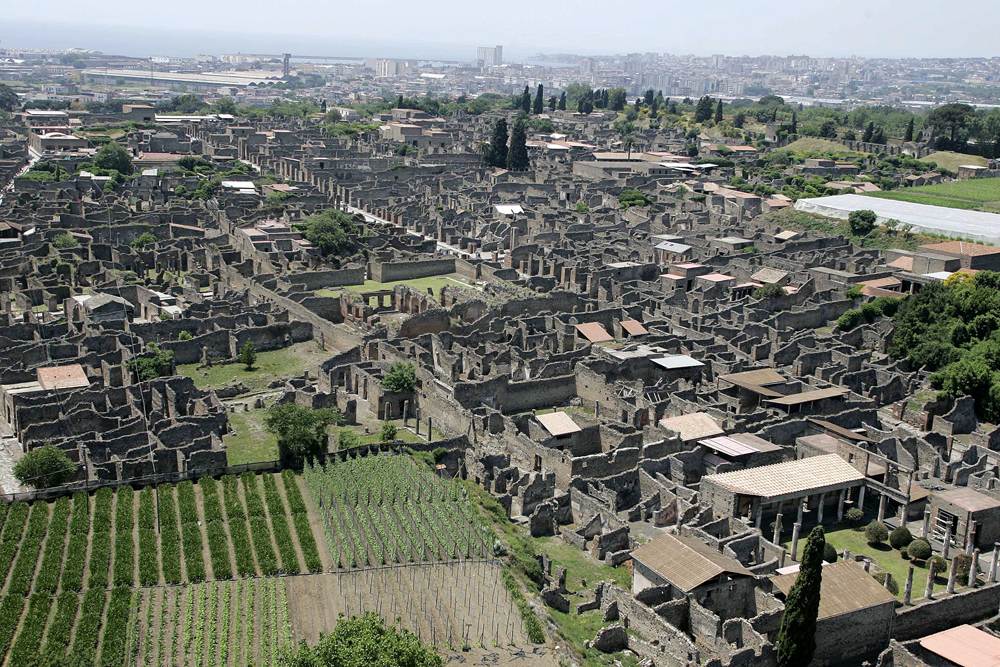
I firmly believe the eruption would’ve been far more disruptive to Rome itself if it took place in August rather than October. The partying elite would’ve seen the eruption firsthand. Rome’s grain trade would probably have been disrupted
/21
/21
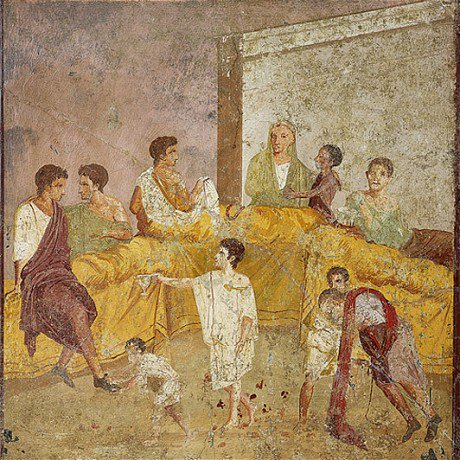
In October, Pompeii was only a sleepy, small town in the middle of the grape & tree crop harvest and grain sowing and plowing. Pompeii’s significance for our understanding of ancient Roman daily life and economy needs to be contextualized by the month of the eruption
/22
/22
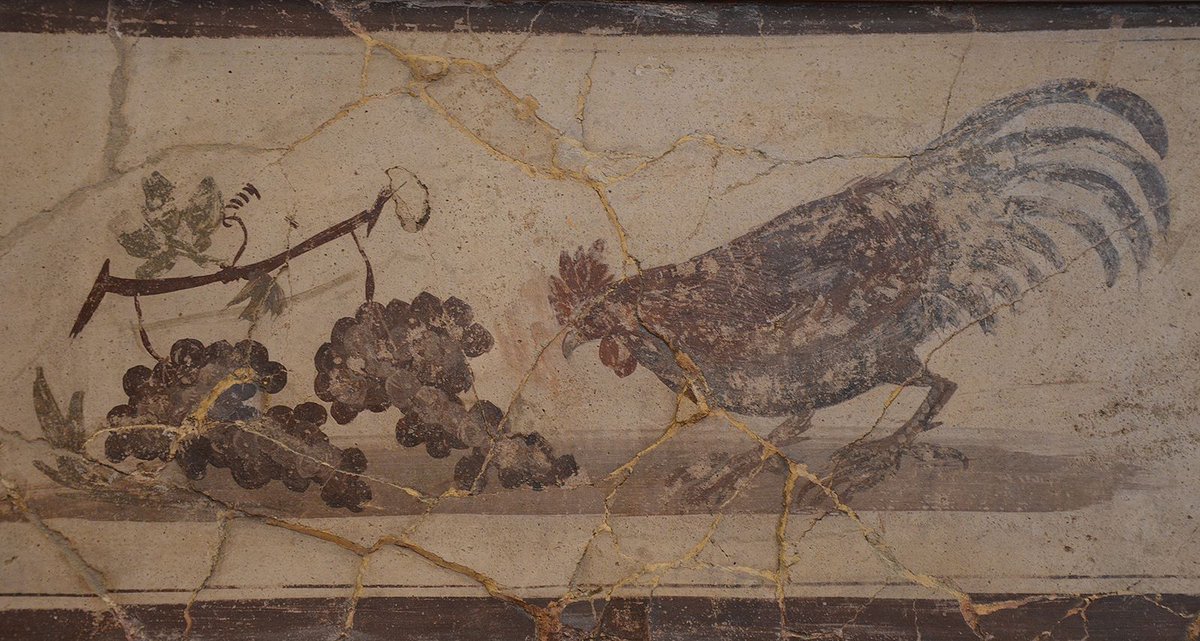
I hope this thread provides a sense of the role that seasons played in the premodern world. Without refrigeration, air conditioning, heating, & mechanized transportation, seasonality affected everything. From jobs and food to tourism and games. Seasons were in your face
/23
/23
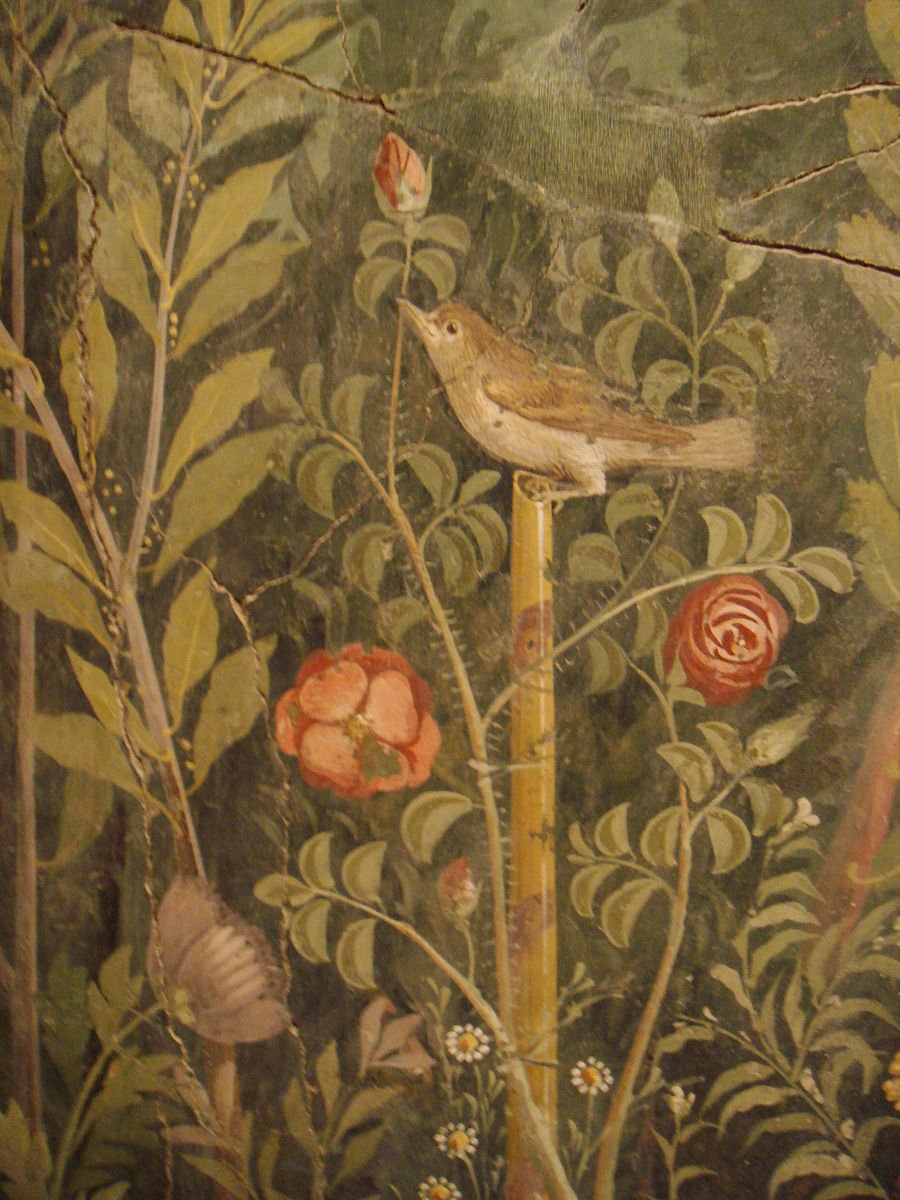
I also hope that this provides a lesson for practicing Classicists. The response of “so what?” is exactly the reason why Classical archaeology falters behind archaeology elsewhere. Animal bones and plant seeds are rarely analyzed let alone recovered w/ sieving & flotation
/24
/24
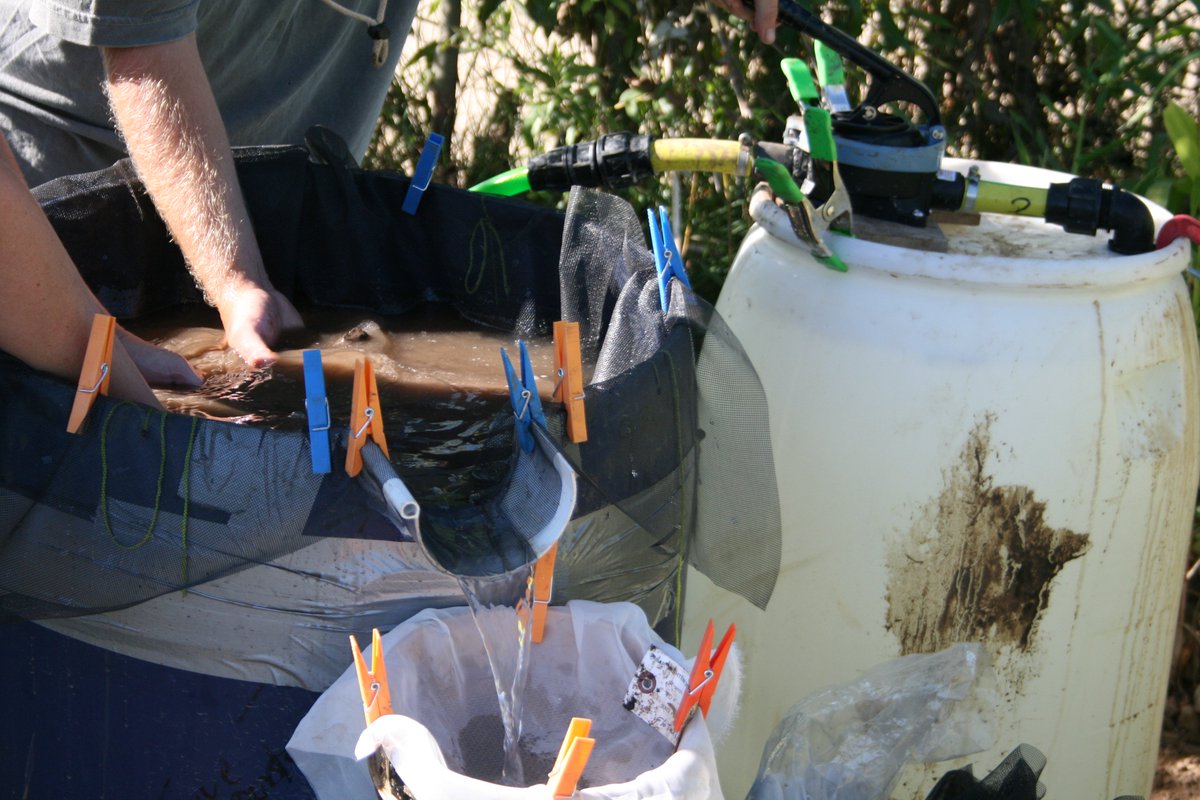
We should not conduct academic excavations without recovering such standard forms of archaeological evidence. Environmental archaeology has the potential to open new frontiers in Classical archaeology
Don’t believe me? Check out my threads below
/end
Don’t believe me? Check out my threads below
/end
https://twitter.com/wfdibble/status/978941931714736133
I've crafted a second thread on seasonality at Pompeii and why an August vs. October date matters. Check it out below:
https://twitter.com/FlintDibble/status/1053643260722339846
• • •
Missing some Tweet in this thread? You can try to
force a refresh










